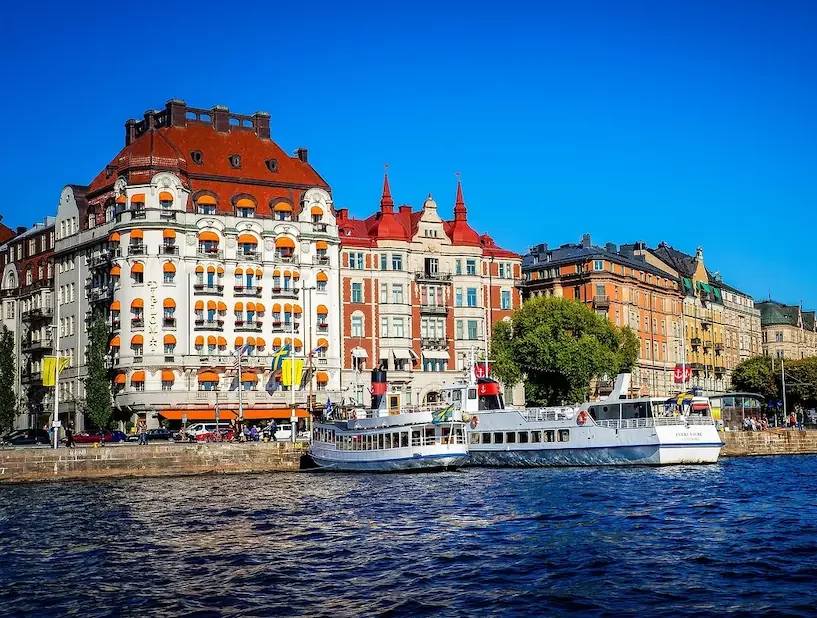Market change and regional impact
A particularly notable pattern is the decline in conference travel. According to Visita's latest data, demand from overnight conference guests has fallen by as much as 12 per cent. This is a significant change that reflects new ways of working and meeting habits in the business community. The conference segment, which used to be a stable source of revenue for many hotels, is now facing a need for change and innovation. The impact of the changes in business and conference travel varies greatly between regions, with Stockholm still some way off pre-pandemic levels with a decrease of 5%, while Gothenburg is showing growth with an increase of 11%. Malmö has also managed to recover with an increase of 5%, and destinations outside the big cities have surprised positively with an increase of 10% compared to 2019.
Despite the ongoing recession, the hotel market has shown remarkable resilience. Unlike previous economic downturns, such as the 2008-2009 financial crisis, the current situation has not led to a significant drop in overall demand for hotel rooms. This is despite higher inflation than in over 20 years and sharply increased interest rates have affected corporate travel costs.
New Meeting Patterns and Industry Adaptation
The decline in demand for conference services reflects a fundamental shift in the way companies choose to organise meetings and conferences. This trend is characterised by the increased use of digital meeting platforms, hybrid events combining physical and digital presence, shorter conferences with fewer overnight stays, and more focused and targeted physical meetings. The hotel industry is demonstrating significant adaptability by developing flexible meeting solutions that can handle both physical and digital participants, upgrading technical infrastructure, creating new packages for shorter conferences and increasing the focus on experiences and networking once groups meet physically.
Future prospects and strategic development
According to most analyses, indicators point to the bottom of the recession having been passed. The forecast for the hotel market is cautiously optimistic, with demand for hotel rooms expected to increase by 3% over the summer and 1-2% for the full year. This is based on the expected recovery of real wages, gradual improvement of the Swedish economy during 2025, continued strong development in leisure travel, and stabilisation of business travel.
The Swedish hotel industry is facing a period of continued adaptation and renewal. While some traditional segments such as conferences are in decline, this is being offset by growth in other areas. Success will lie in the ability to develop new, relevant offerings for changing customer needs, balance different target groups for optimal occupancy, invest in technical infrastructure for modern forms of meetings, and create added value in physical meetings once they take place. As Visitas statistics show, the hotel market is in a transformative phase where new patterns are being established. Those operators that succeed in adapting to this new reality will be well equipped for the future, despite the challenges posed by changing travel and meeting habits.







